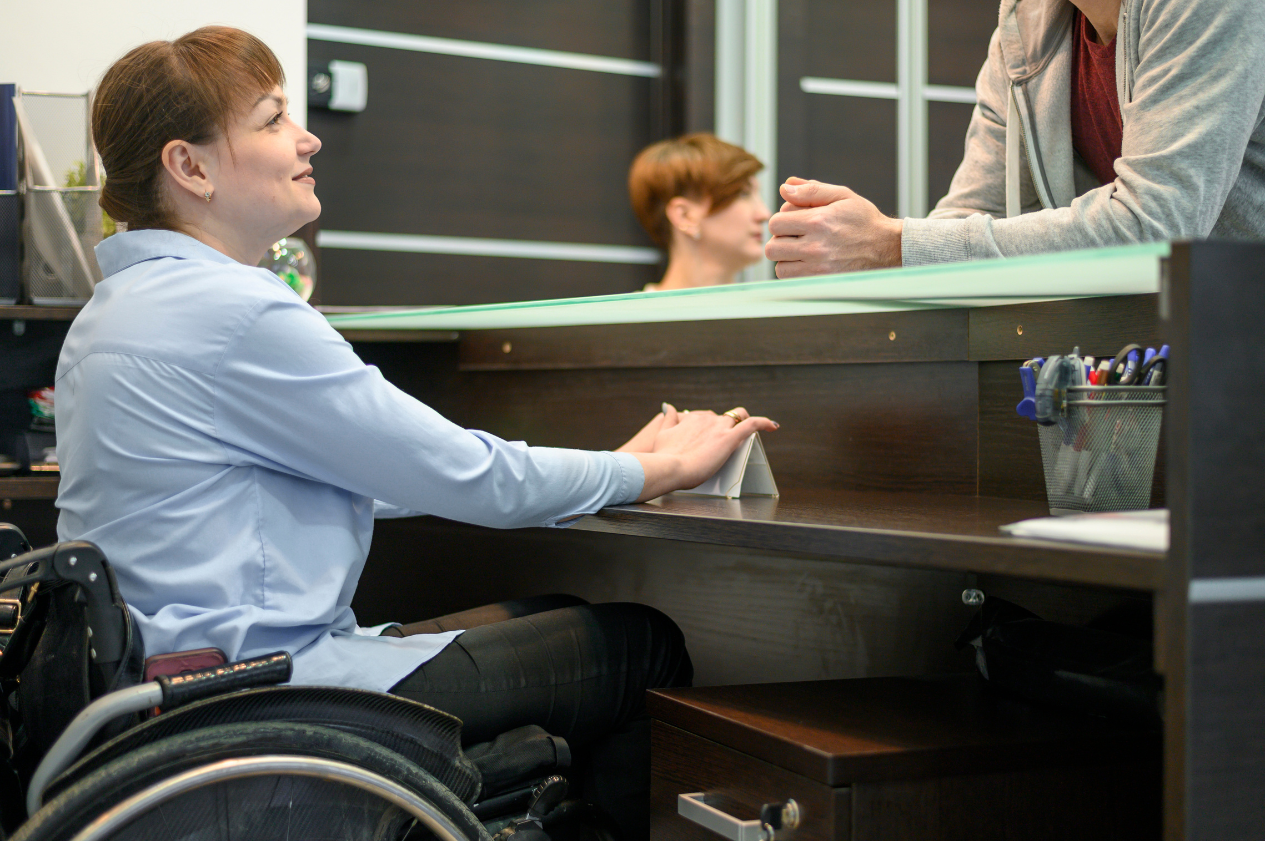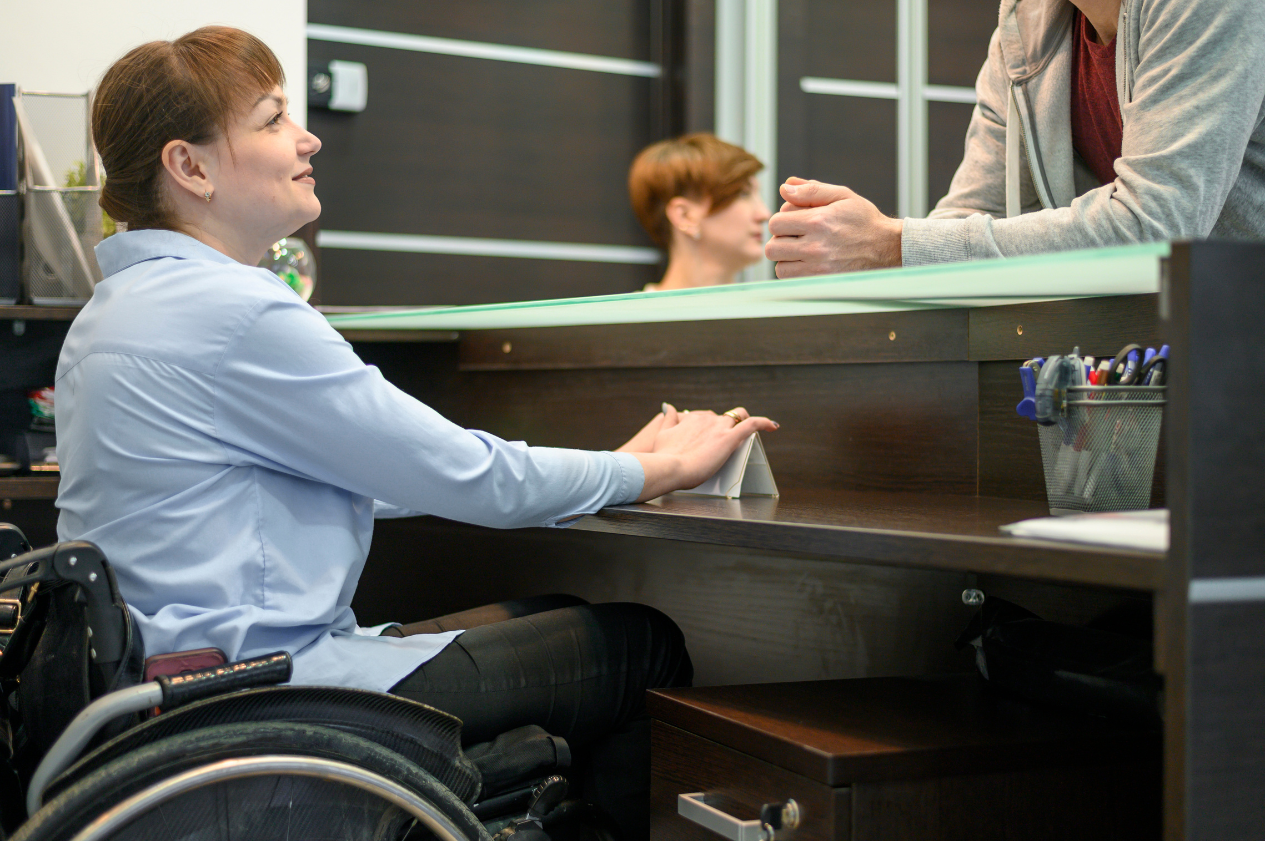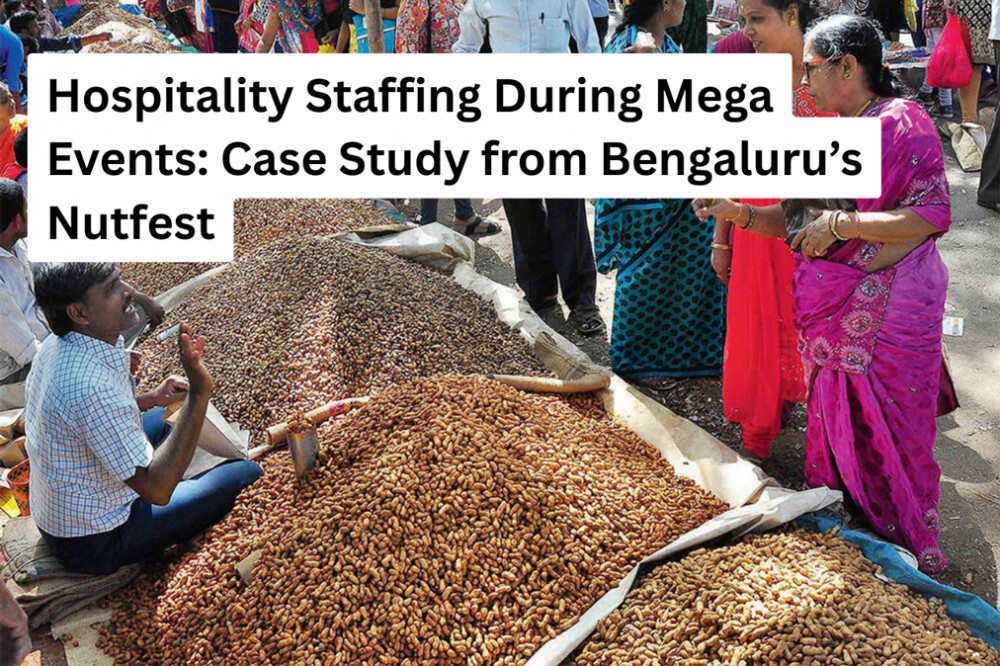
Neurodivergent Hospitality: The Untapped Talent Pool Hotels Are Just Discovering

Hospitality is an industry marked by detail. Whether it is a missing linen, a minibar miscount, or a reservation mismatch, these details can cascade into customer dissatisfaction. Interestingly, these same features - repetition, sequence, and unnecessarily long checklist-type methods - that some find quite challenging to manage are also qualities/strengths for many neurodivergent individuals.
For example, Autistic people often work well in systematic and process-intensive environments where there is some flexibility around precision. People with ADHD can bring energy, creativity and an ability to identify shortcuts that enhance workflows. People who are dyslexic are often strong visual-spatial thinkers, which adds value to innovative layout plans or signage systems.
As we work towards permanent inclusion of neurodivergent perspectives through strategic inclusive recruitment marketing for the hospitality workforce, hotels can place the identified strengths in appropriate areas of work:
- Inventory and receiving - a space where a high degree of accuracy is needed in counting stock, logging GRNs, and noting variances.
- Process optimisation - where innovative, creative thinking driven by the experience of risk-takers with ADHD may support strategies to streamline workflows.
- Attention-to-detail tasks - like coding linen, conducting minibar checks, and quality control checks in housekeeping.
- Data hygiene - in reservations, front of house and data audit roles- where issues of duplication, pricing inconsistencies arise.
These are jobs where a neuro-diverse hotel labour market can thrive- where the individual not only 'fits in' but improves performance.
The Indian context: policies and early adopters
The Rights of Persons with Disabilities (RPwD) Act, 2016, in India provides a policy framework to support barrier-free employment that requires reasonable accommodation and promotes inclusion in private sector enterprises.
One of the strongest case studies is Lemon Tree Hotels, which has hired people with diverse disabilities, including many in structured detail-dominated hospitality roles, across various functions. For example, from housekeeping through to back office, this operation demonstrates that employment of disabled people in India can not only exist but can permeate brand culture for organisations.
As hotel groups continue to define these models, it’s apparent that inclusive hiring is not an act of charity; it represents a strategic differentiation.
Practical roadmap for hotels
1. Map roles to neurodivergent strengths
Instead of attempting to fit candidates into generic ‘openings,’ re-imagine the design of the role. For instance:
- Autism friendly jobs in hospitality → QC in housekeeping, labelling in stewarding, accuracy of data-entry in reservations.
- Jobs suitable for Candidates with ADHD → coordination of banquet logistics, creating service improvements in team brainstorms, and interacting with guests in fast-paced food and beverage environments.
- Jobs for dyslexic candidates → wayfinding planning; physical set-up, flow and timing of events.
2. Rethink the hiring process
Say goodbye to the interview process that relies on verbal dialogue; instead, look for hands-on evaluations, visual SOP onboarding, and working trials. Offer written agendas and time to respond--these are small changes that really allow equity.
3. Train managers and not just the hires
Hiring people with an inclusive lens in hospitality has a lot to do with the supervisors. You want to train your managers to provide literal directions and to utilise visuals, and to not use performance as a proxy for soft skills (eye contact, normative small talk) and not assume there is soft skill if the hire performs well.
4. Onboard with transparency
Neurodivergent professionals do very well when there is transparency in expectations. For example, you could include checklists, a photo org chart, and make your AO space in addition to looking for sensory-friendly spaces (a quiet corner or break space) for employees to take a break.
5. Take stock of the effects on performance
Track KPI's each month, retention, task accuracy, and following a S.O.P. Many hotels have reported that when they employed neurodivergent associates, they not only increased retention, they experienced increased experience with inventory accuracy and decreased discrepancies with housekeeping and at least a 50% decrease in training turnover.
Guest experience is an upside.
Designing workspaces that work for neurodivergent employees often also benefits guests. Better signage, visual menus, quiet areas in the lobby, or even more predictable check-in scripts make hotels more accessible to all travellers, including neurodivergent guests and families looking for these signals.
Common questions - answers.d
Will service level suffer? Only if rosters are not thought through. Neurodivergent professionals thrive in consistent and predictable roles, meaning neurotypical staff can focus more on high-touch interactions with guests.
Will retrofitting be costly? The majority of changes will not cost anything, such as simplifying SOPs, providing visual aids, offering a degree of flexibility on uniforms, or limiting noise in open spaces.
How quickly will staff adapt? Staff cultures evolve quickly with manager training, buddy systems, and engaging storytelling that centres around different forms of success and inclusive growth.
Real-Life Hotel Examples of Inclusive Hiring
Accor Group (Global): Accor launched pilot programs at two Canadian properties, Fairmont Tremblant and Fairmont the Queen Elizabeth, in 2022 for 12 autistic employees with support from NGO partners. Breakthrough results are paving the way for rolling out programs at other properties; thus, structured inclusion can benefit employees and the operation.
Hyatt Hotels (US & Global): Hyatt has partnered with organisations such as KultureCity to improve sensory inclusion for guests, and is also evaluating possibilities of bringing neurodivergent employees into hospitality roles that align with their strengths.
The road ahead
The hospitality business relies on detail, routine, and care - in addition to any other area of business, neurodivergent people excel in these areas of development and skill. While hotels value a neurodiverse workforce, it's not just fulfilling disability employment India requirements; they are making a measurable business advantage by partnering with those in our industries who contribute actively to the world's workforce.
Stay connected with Foodism Connect for more such insightful hospitality-related facts.
Related Blogs

The Rise of Boutique Hotels: Recruiting for Experience, Not Size
73 Views

Top 5 Hospitality Roles Most in Demand This Quarter
71 Views

Hospitality Staffing During Mega Events: Case Study from Bengaluru’s Nutfest
86 Views

Festival Hospitality: What Food Events Teach About Guest Management & Staffing
194 Views

Little Guests, Big Smiles: How Hotels Design Family-Friendly Experiences
171 Views